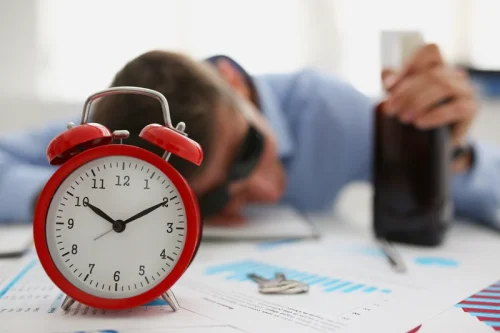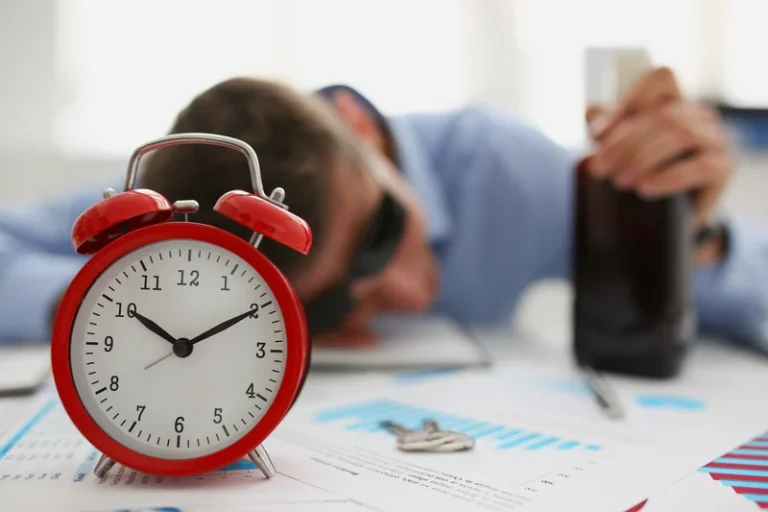Should I Be Sober? 7 Signs You Need to Quit Drinking Now

Use the NIAAA’s drink size calculator to determine the amount of alcohol in various drinks. They also give useful ideas for support strategies and even more tips to help you to get your drinking under control. You will need powerful reasons to stay committed to it; otherwise, environmental and peer pressures will drag you off the wagon.
- There is no exact timeline for alcohol withdrawal, and individual factors, such as the level of dependence on alcohol, will influence it.
- Arming yourself with strategies and tips can help you or a loved one take small steps towards big results.
- But there are other factors as well, including genetics and pre-existing health problems.
- This is the period in which delirium tremens is most likely to occur, which requires immediate medical attention.
There Are Multiple Evidence-Based Roads to Recovery

It may even help if you tips to quit drinking spend time with other nondrinkers for a while so you can support each other. One of the significant reasons to quit drinking is that doing so can help reduce depression and anxiety symptoms while enhancing self-esteem. Quitting drinking can also help you improve your control over anger if you’ve experienced problems with rage and alcohol.

Understanding Your Relationship with Alcohol
A healthy fear of the consequences is important, but using them alone to curb your alcohol consumption has another serious drawback. By this metric, it’s easy to justify consuming alcohol to excess because so many people are doing it. While admitting that you have a problem is the first https://ecosoberhouse.com/ step in many recovery programs, part of that process is realizing that you’re afraid.
Short-term benefits
- This way, you can share your successes with them, and they’ll understand why you’ve started turning down drinks or trips to the pub.
- Stopping drinking abruptly can lead to seizures and can even be fatal.
- There are times when cutting back on your drinking can be helpful, but there are times when quitting alcohol altogether is the best solution.
- If you want to stop drinking for good, don’t let past relapses discourage you from trying to quit.
- It’s essential to commit yourself to staying the course, and gathering the resources you know will help you stick with sobriety.
But it could also be helpful to make new social contacts based around an interest such as a sport, the arts, or other activities you enjoy. The best way to stop drinking is the one that’s most helpful for you. The practical methods and tactics below are some of the ways people find success in quitting alcohol. As a specific example, an analysis of the electronic medical records of over 73 million people—including 1.26 million people with alcohol use disorder (AUD)—was published in Nature (1).
- There are other ways besides traditional rehab to find this structure, but if you really need someone to hold you to a routine in early recovery, a rehabilitation program might be your best bet.
- You don’t need to put your life on hold, and it’s easier to be discreet about your recovery process if you wish to.
- Even if alcohol isn’t enjoyable to you, the socialization ritual surrounding it is.
- This withdrawal can be physical, mental, or psychological; your level of alcohol dependence will determine the type and severity of your withdrawal symptoms.
- When you know you’re going to be in situations where alcohol is served, be prepared in advance to be clear in your resolve to politely decline the offer of a drink.
- Your doctor may be able to prescribe medication that can help, or you can usually refer yourself to a specialist alcohol team for support.
Your health and wellness is unique to you, and the products and services we review may not be right for your circumstances. We do not offer individual medical advice, diagnosis or treatment plans. Fear of loneliness can keep you cutting back or cutting out your drinking. Even if alcohol isn’t enjoyable to you, the socialization ritual surrounding it is. Since everyone in the social environment drinks, you’ll automatically feel pressure to drink.
Verdict: Will I go back to drinking alcohol?
- A rare but very serious syndrome called delirium tremens can occur during alcohol withdrawal.
- Work events, celebrations, family gatherings, and the like can all bring you into contact with people who don’t know you are sober yet, and who may pressure you to drink.
- This is where it becomes essential to think of the progress you made.
- A smart recovery strategy is to completely embrace a new identity as a person that does not drink.
- If you’re planning to start with DIY methods, it’s important to note that it isn’t safe for everyone to quit cold turkey.
There are other ways to find support (often significantly cheaper), and some people can even quit at home by themselves. Before beginning a tapering schedule, speak with your doctor about the risks of detoxing at home. Tapering off alcohol may complicate other medical conditions or co-occurring mental health disorders. If you’ve been unable to quit on your own, you should consider attending an alcohol rehab center.

